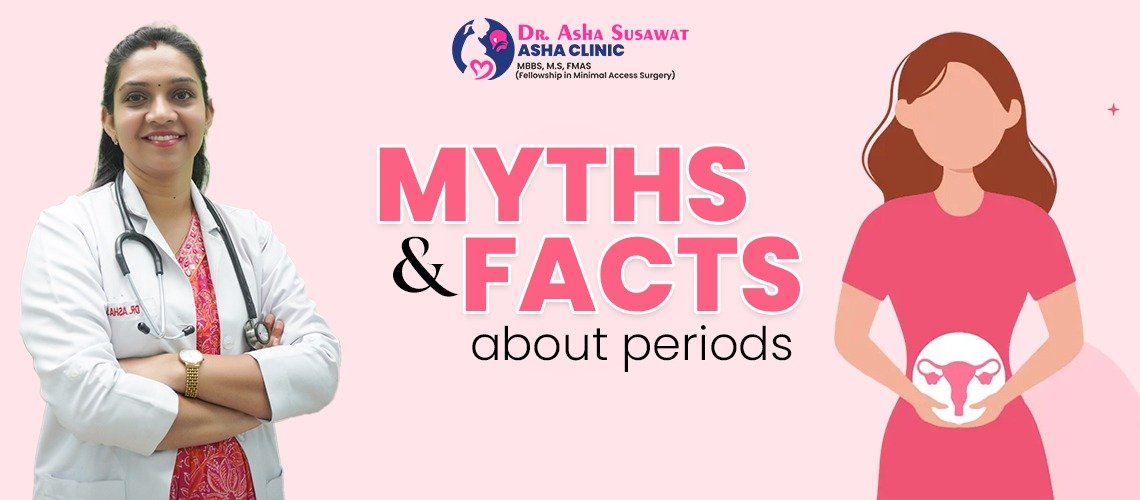Myths and Facts about Periods
There are several myths and facts about Periods that deserve clarification to promote accurate understanding and dispel misconceptions.
Firstly, the myth that menstruating women should avoid physical activities is unfounded. In reality, exercise can be beneficial during menstruation, as it helps alleviate menstrual cramps and enhances mood through the release of endorphins. Women should feel empowered to engage in their regular physical routines based on their comfort levels and individual pain thresholds.
Another prevalent myth is that having sex during periods cannot lead to pregnancy. While it is less likely, pregnancy can still occur during menstruation, especially in cases of irregular menstrual cycles where ovulation might overlap with the bleeding phase. It’s important for individuals to use contraception consistently and practice safe sexual behavior regardless of their menstrual status.
Regarding dietary restrictions, there is no scientific basis supporting the idea that menstruating women should avoid specific foods. While individual preferences and sensitivities vary, maintaining a balanced diet during menstruation can actually help replenish lost nutrients and aid in managing menstrual discomfort.
A misconception often perpetuated is the belief that menstrual blood loss equates to significant overall blood loss. On average, women lose about 30 to 40 milliliters of blood during an entire menstrual period, which is relatively minimal compared to other situations involving blood loss, such as blood donations.
The stereotype that menstruating women are emotionally unstable or prone to severe mood swings is also unsubstantiated. While hormonal fluctuations can influence mood to some extent, most women do not experience extreme emotional changes solely due to menstruation. It’s important to challenge and reject these stereotypes to foster a more inclusive and understanding societal perspective.
Lastly, menstruation involves more than just the shedding of blood; it encompasses a complex hormonal cycle that impacts the entire reproductive system. Premenstrual symptoms such as bloating, breast tenderness, and mood changes are part of this cycle and can affect women throughout different phases of menstruation.
In conclusion, understanding the facts about menstruation helps combat misinformation and empowers women to make informed decisions about their health and well-being. By debunking these myths, we contribute to a more supportive and accurate portrayal of menstruation in society.

